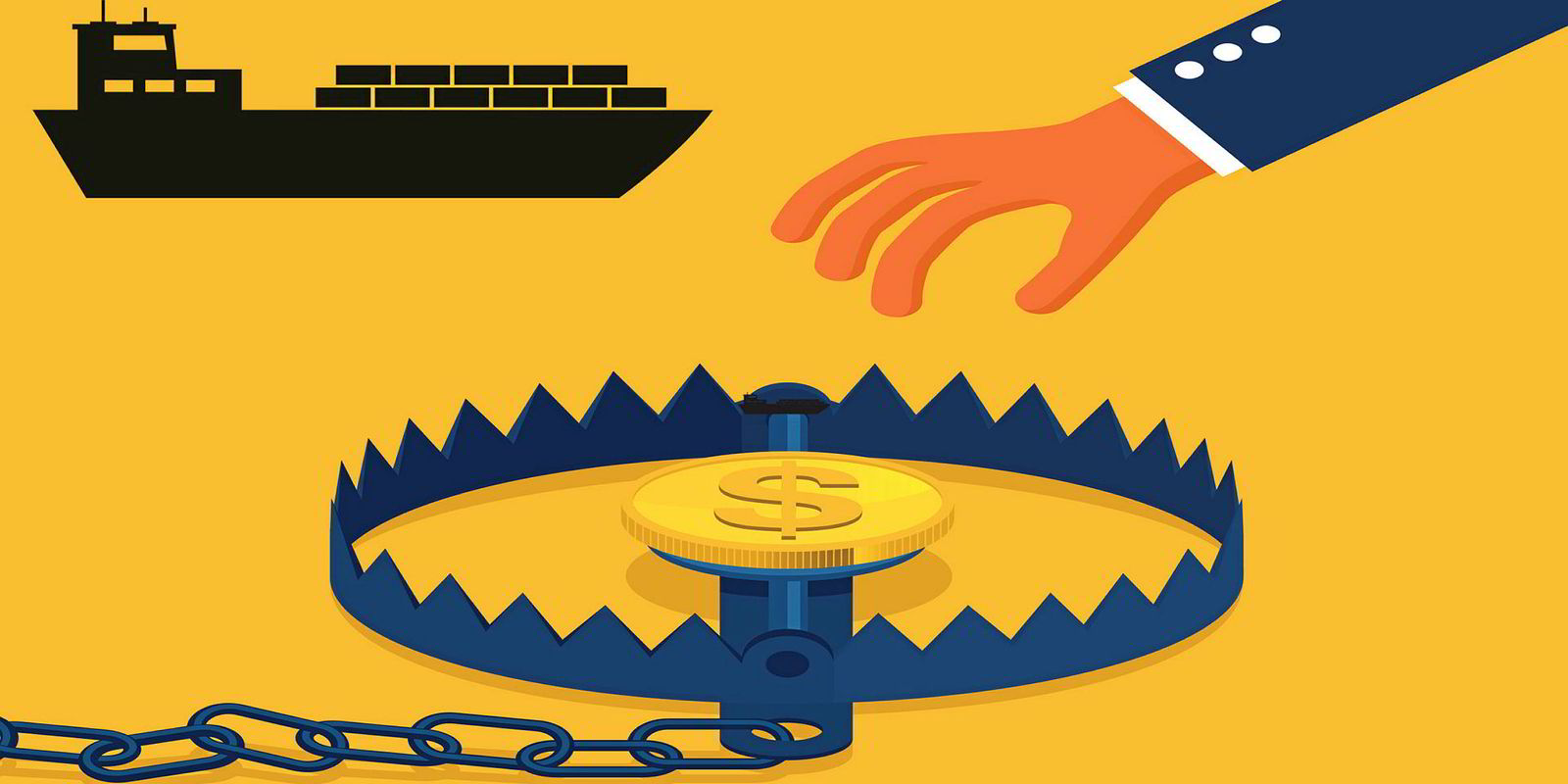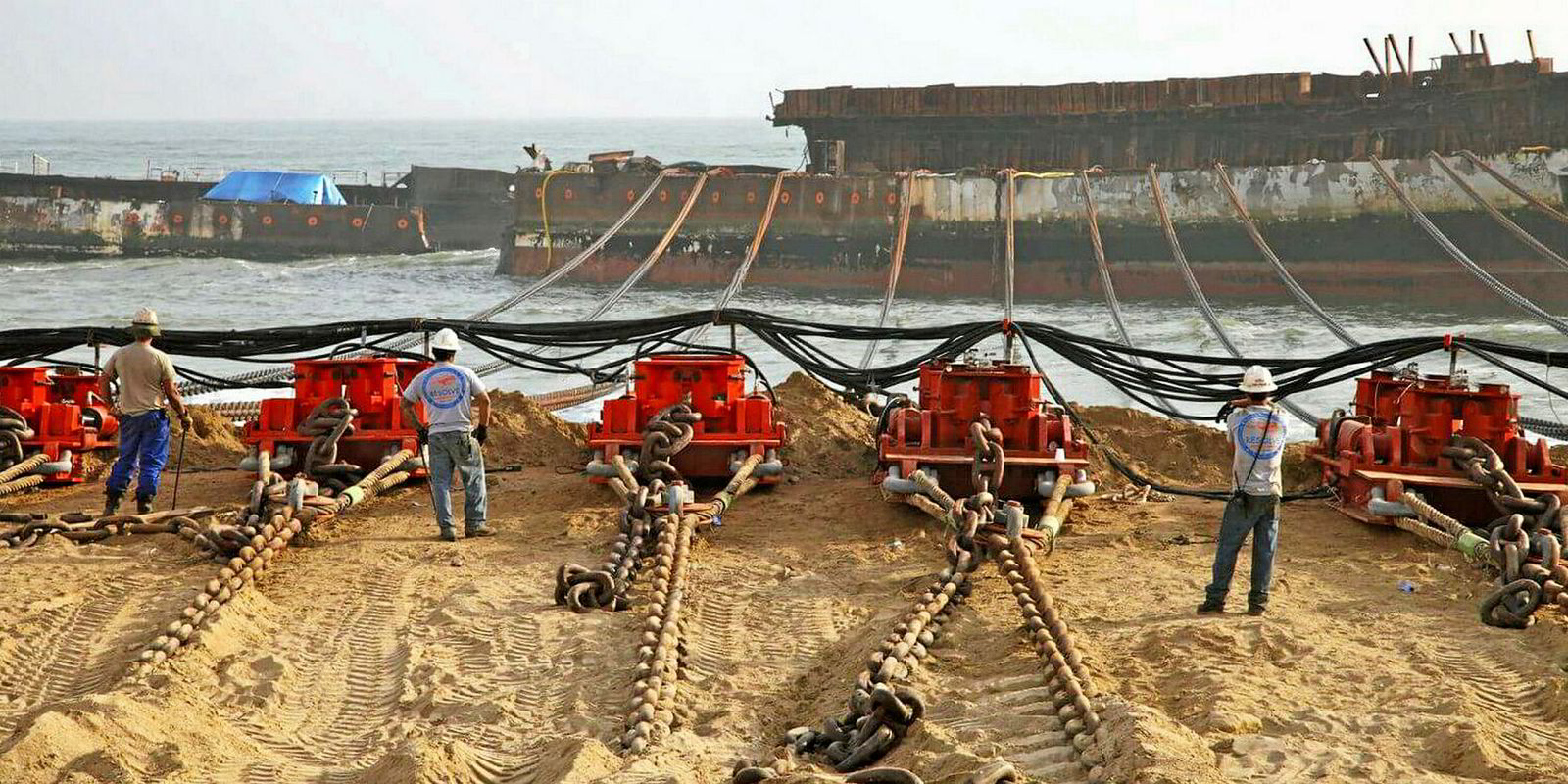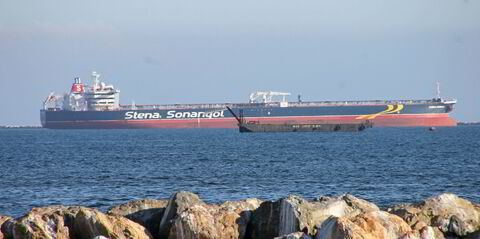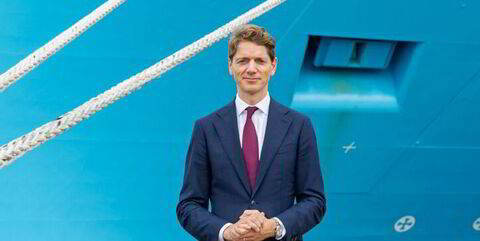The captain pulls his cargoship into a faraway port, its amber lights and those of the sleeping city beyond glimmering amid the deep night.
A port official, in full uniform, approaches the master on his quiet bridge and, as usual, asks for the “fare” for passage without incident — 20 cartons of cigarettes. Tired and under pressure to stay on schedule, the captain acquiesces, handing over the cartons as he has many times before.
The port officer smiles as the two men sign the necessary paperwork. He nods, then steps off the vessel and into the night, while the captain readies to move on to the next port.
This illegal yet commonplace exchange would no longer happen if skippers and shipowners were armed with what to say to these port officials and pushed back, says Cecilia Muller Torbrand, programme director for the Maritime Anti-Corruption Network (MACN).
“It’s so much easier for the captains to show that ‘This is our anti-corruption policy and here is the guy in the head office that you can talk to if you have an issue with me and my vessel’,” she says.
MACN’s annual fee of $6,500-$10,000 offers members tools to develop a compliance programme that helps companies and their captains fight back with anti-corruption maritime law expertise.
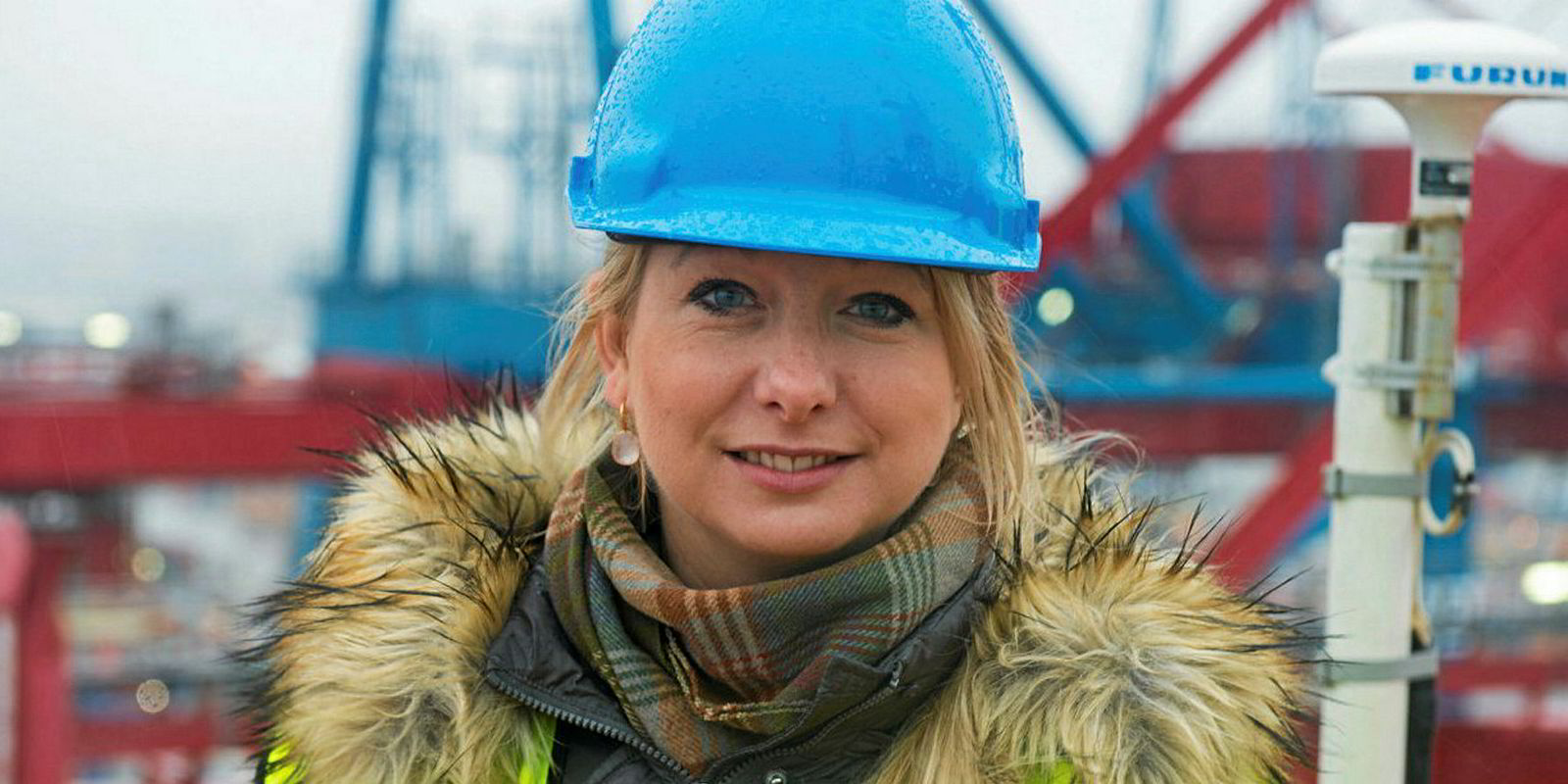
“A lot of captains out there do this already because they are tired of having these discussions with the governments,” Muller Torbrand says. “Many captains really find this annoying and they really want to fight this.”
Michael Lloyd, a retired British captain at sea for 50 years on bulkers, containerships and offshore vessels, takes a contrarian view. He says little headway has been made, or is likely to be, against bribery and corruption because no one will discuss it openly, and it is pervasive at all levels of the industry.
“I don’t know many ports that are not corrupt,” he says. “Various companies tell captains not to pay bribes — but no company is going to have a ship held up, costing $30,000-$40,000 per day, over a carton of cigarettes.”
A ship cannot get through the Suez Canal or into a West African port without paying bribes, although conditions have improved a little, Lloyd adds.
These bribes can range from demands for hundreds of dollars in cash to cigarettes and even soda. Sometimes the agents request food for their families.
Penalties for this type of bribery vary from country to country, but most governments focus on pursuing more significant instances of corruption due to limited resources, says Michael Chalos, a maritime criminal defence lawyer with K&L Gates.
“You won’t get those types of cases prosecuted,” he says, adding that many companies already have policies that prohibit captains from giving gifts. “Most good operators have their own procedures on what’s acceptable and what’s not.”
However, Muller Torbrand says there is hope for members that adopt MACN’s tools to develop a programme. It means committing to seven anti-corruption principles, including forming a plan to address business risks and assess corruption risks.
The programme-building tools also cover policy training, bribery monitoring, incident reporting and due diligence on business partners and third parties.
“When implementing an anti-corruption policy programme, companies have to prepare front-line staff to reject any corrupt demands,” she says.
New MACN members are also charged a one-time fee of $4,000 that goes towards a collective action fund to help governments end bribery.
Muller Torbrand admits the problem exists not only in the Suez (or “Marlboro”) Canal but also in underdeveloped, unstable countries in West Africa and the Black Sea region.
“Trade agendas and a focus on improving economic development help to tackle and address the issue of corruption,” she says.
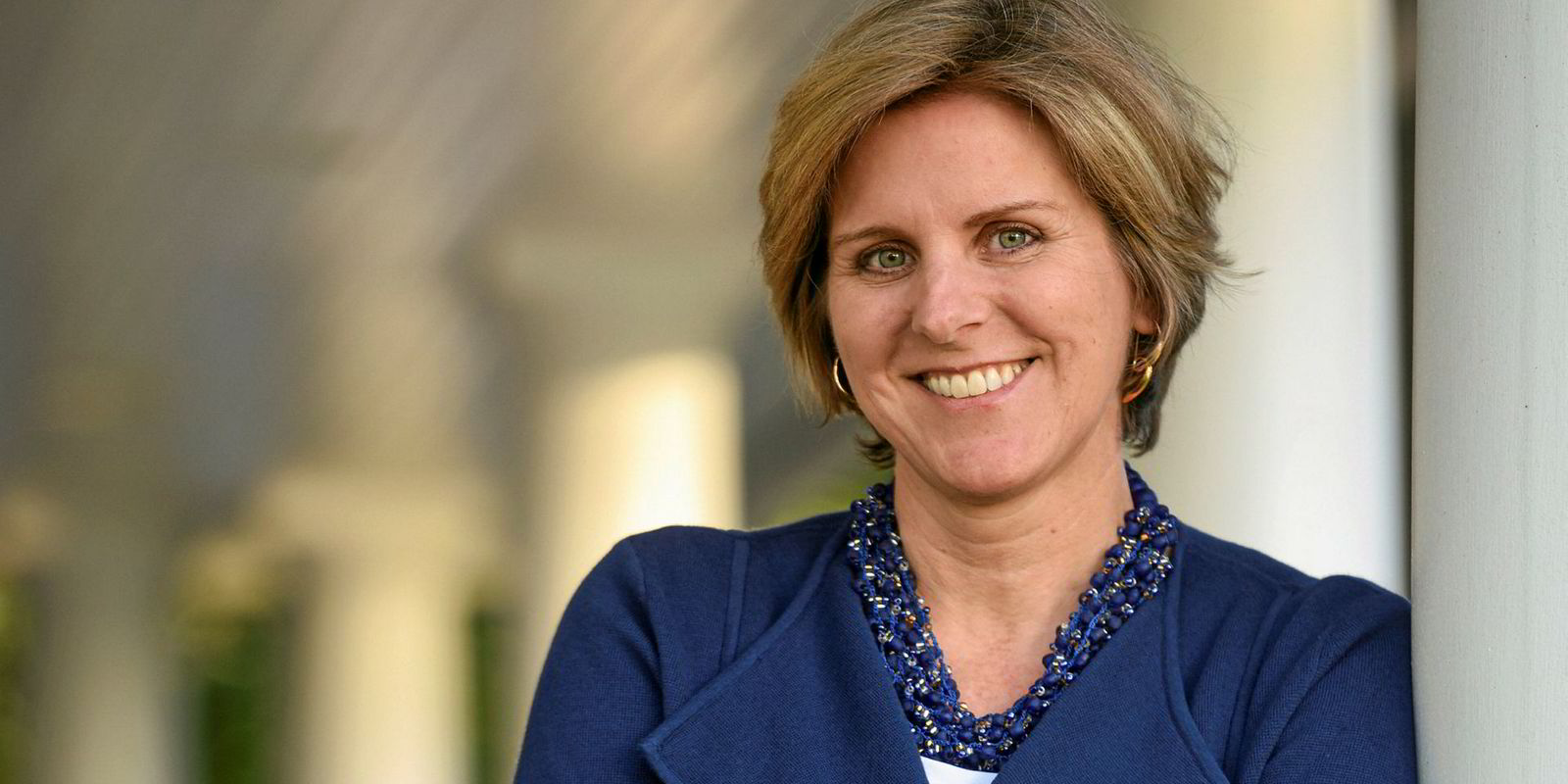
MACN, set up more than five years ago, now has about 90 shipowner members that serve as a united educated front against this worldwide practice.
“We can see that companies using our toolkit going through the [Suez] canal... are successful,” Muller Torbrand says. They’re saying no... with a toolkit that has been tested and is actually working.”
MACN declines to give details of how much bribery is reported to its anonymous monitoring scheme or whether there has been a significant shift in its ubiquity in difficult areas. The agency says only that it has collected thousands of incidents of corrupt demands globally.
However, Muller Torbrand says MACN tackled the problem in Argentina over a three-year period by helping the country to change its regulations. “Our incident reporting has led to constructive conversations with governments on jointly tackling corruption. There’s a lot of things you can do to fight corruption”
Knowing what to tell port agents to end the bribery is a good step, but it alone will not stamp out the practice, says Alexandra Wrage, president of Trace International, a Maryland-based non-profit organisation focused on stemming bribery in business.
“A compliance plan and training are important but they are part of a five-part process,” she says.
Aside from compliance training, captains need to be willing to counter bribery attempts and be taught exactly what to say to the port agents in doing so, she adds.
The captains must also have a copy of local compliance laws to give to port agents, and they need shipowners’ full backing, even if resistance means being stuck in port for three days.
“This is not a 'just say no’ scenario,” Wrage emphasises. “It has to be comprehensive, or else [the compliance training] is just cynical lip service.”
She also believes that if captains and their shipowners take the holistic approach, port agents will eventually stop asking them for bribes.
“Nothing will convey the message faster than a company that is willing to take a hit,” Wrage says, adding that US shipowners are asked for bribes less often because they have had anti-bribery policies for a long time. “Word gets out and companies get reputations for paying and not paying.”
Pottengal Mukundan, director of the International Chamber of Commerce’s Commercial Crime Services unit, agrees, saying information on bribery incidents needs to be shared with the anti-bribery organisations.
“If they learn people are being watched and information is being passed, they will stop over time,” he says. “There’s no silver bullet.”
A single shipowner can avoid being the target of bribery by following a compliance programme, but the centuries-old practice can be eradicated altogether through a concerted effort by owners, governments and customers, according to John Sypnowich, CSL Group’s chief legal and compliance officer.
“I think it will go away,” he says, adding that his company has a zero-tolerance policy and its own compliance programmes. “We’re seeing significant progress already.”
To some extent this is reflected in Lloyd’s experience. He recalls paying half a crown — a few dollars in today’s money — as a cadet aged 16 to bribe police officers in the UK to be allowed to go through dock gates.
Another former master, Nicholas Cooper, says it is imperative that owners give captains their full backing. “It is no use just telling the master not to pay any bribes in whatever form, they must back him up when the ship is ‘delayed’, threatened with arrest or being sent to the anchorage, and the master bullied and also threatened with arrest.”
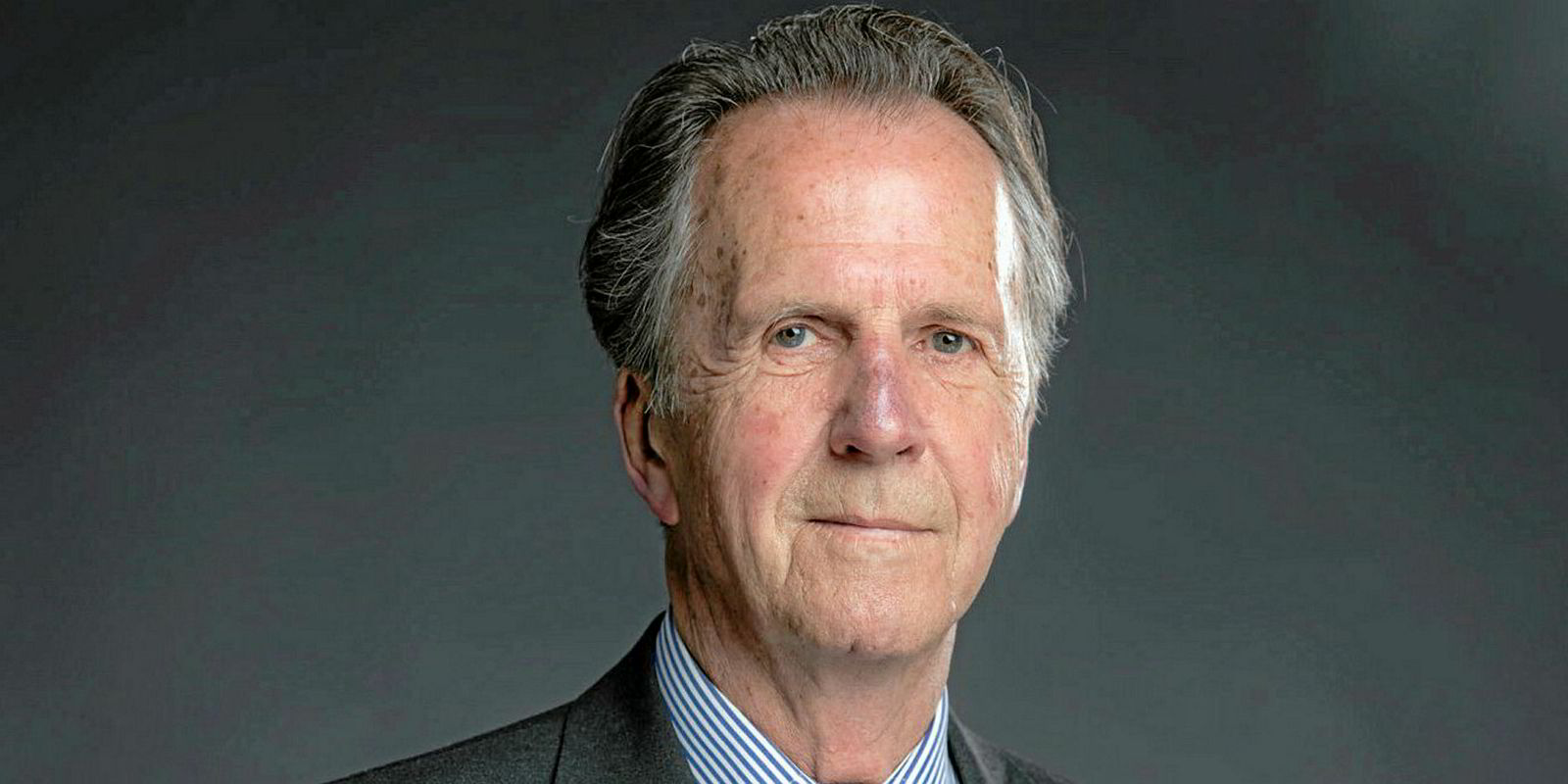
In a speech on the issue last year, Cooper gave examples of scams he had encountered, including port health officials spending hours going through every single item in the provisions room, fridges, galley and mess rooms, applying a $100 "fine" on any expired items. The fine came to well over $1,000 but as soon as he demanded a signed and stamped receipt, they backed down and instead took a couple of hundred dollars in cash, cigarettes and two bags full of goodies from the stores.
However, Cooper also recalls an incident when, following a similar six-hour search by Customs officers in one port, the worst offender was removed after a strongly worded letter was delivered to the harbour master by the company’s local agent, with copies to senior executives of the major operator. “Our agent later thanked me on behalf of all the shipping agencies and other port officials for getting rid of this particularly nasty individual,” he adds.
So it can work, although Lloyd asks whether MACN is prepared to employ former police officers to investigate, call for evidence from within the industry, encourage whistle-blowers and subpoena companies over the issue if it is serious about tackling the problem. And why are no unions or master mariners’ associations members of MACN?
“None of the bodies with a real interest in stopping corruption is involved,” he says. The International Transport Workers’ Federation declines to comment on bribery, saying it is “working on this issue behind the scenes”.
Lloyd remembers being frustrated about bribery, especially as he feels owners and authorities did nothing to stop it. “The classification society, the IMO, the whole world knew and never did anything,” he says. “I just had to grin and bear it.”
Bribery and corruption are mainstays of shipping because they are a functioning part of the industry, he says. “Handing out cigarettes and whisky is only the bottom of it,” and he argues that governments may pass laws but don’t really want to solve the problem. “Shipping works. Why would they want to spoil things and drive owners and shippers away?”
Lloyd cites a situation in which he was captain of a damaged containership with a hole in its hull that a surveyor agreed needed patching before it sailed. But the surveyor returned a little later to say the ship had to sail because his classification society had told him to pass the ship against his advice. The owner had a large number of vessels in the class, he adds.
Lloyd also points to shipowners using “magic pipes” on their vessels to discharge oily water into the sea to sidestep costs for its proper removal, in violation of maritime laws.
“Any company which does not need to pay bills for oily waste removal over a prolonged period means that those high up should suspect criminal activity,” he says.
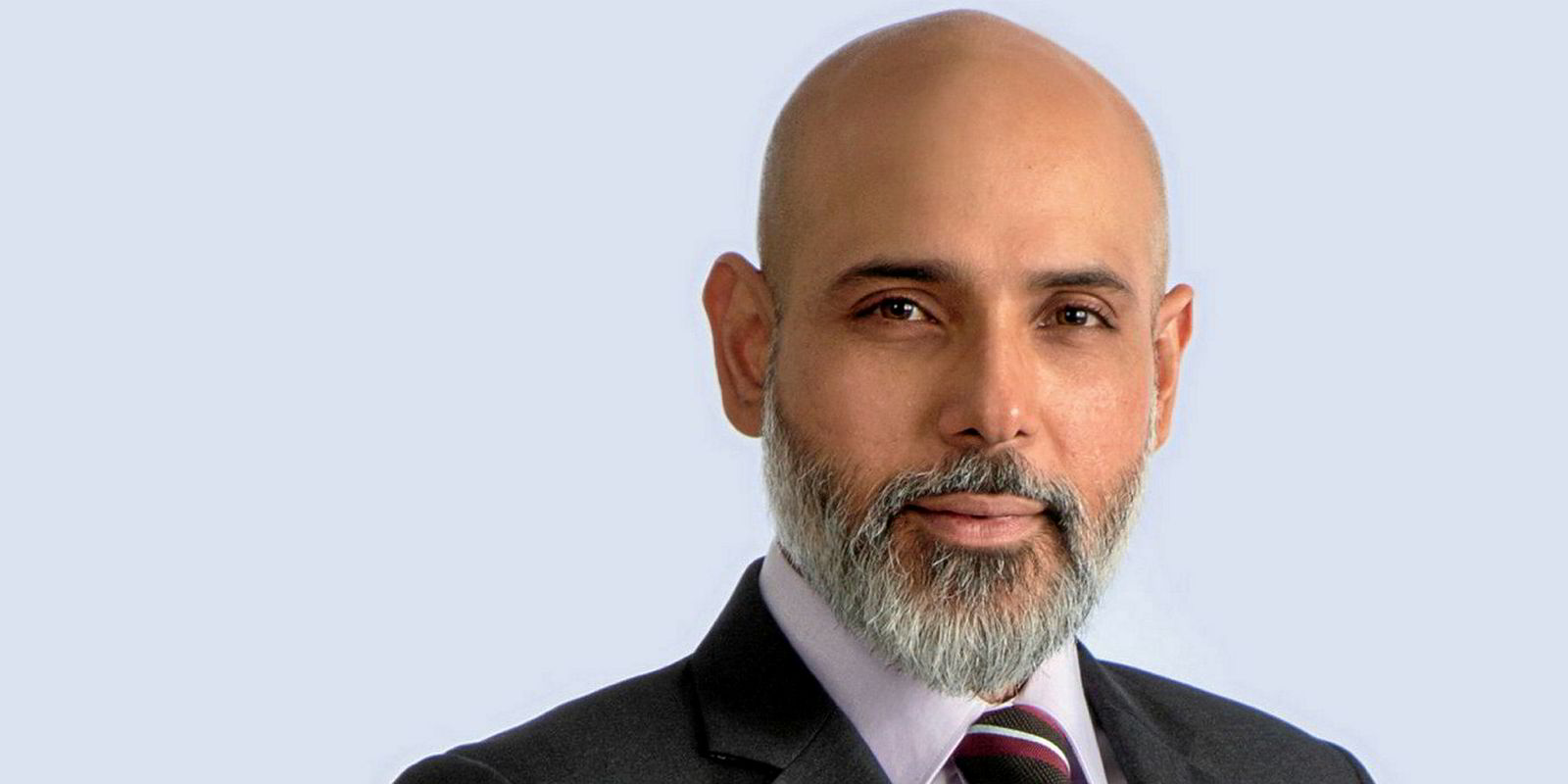
Have commodity traders learnt from Qingdao?
Four years ago, metal commodities buyers were found taking their goods from the Chinese port of Quingdao without paying, prompting traders worldwide to guard their stockpiles.
Now that prices have risen again due to a more stable global economy, one commodities lawyer fears traders may not have learnt their lesson.
“Today, traders aren’t treating it as a concern, but when the market starts to tumble again, you’ll see this situation all over again,” says Sumeet Malhotra, a partner with Hill Dickinson in Singapore. “I am concerned that the market has a short memory and the lessons of 2014 might have been forgotten.”
The theft came to light when traders began checking on their docked goods after hearing from lending banks that buyers were stealing commodities and bribing port authorities.
The banks learnt of the pilfering when they tried to seize the goods from traders unable to repay multiple loans illegally acquired on single orders.
This news, combined with the unstable economy, caused commodity prices to fall, and traders were spurred to check on cargoes after buyers sought to mark prices down to the lower market rates.
Traders did not budge on prices but told buyers they could take cheaper commodities, ranging from stockpiles of iron ore to bauxite and aluminum, instead of the more expensive materials they had originally ordered.
But the buyers took the more expensive goods at the same time as paying for the cheaper commodities, Malhotra claims, while paying off port authorities to keep a blind eye, with bribes set at levels relating to the value and quantity of the higher-priced commodities.
“Chances are this has always gone on,” he says, adding that some traders were covered through credit insurance. “A lot didn’t have the insurance, though, so they ended up holding the baby.”
